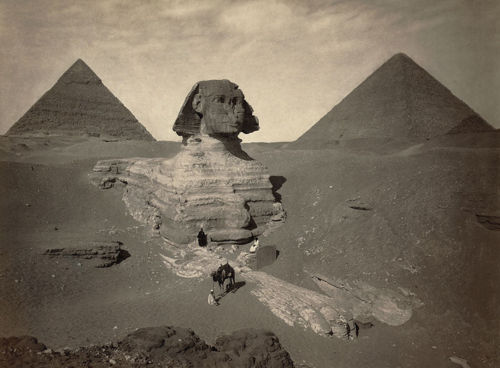Ancient Egyptian archaeology is important to understand the lives of people of a bygone era. Egypt still retains its monuments. Ancient buildings are still intact. Pyramids, temples, and ancient sites are still present as if history that happened thousands of years back were like some decades ago.

Problems faced by Egyptian Archaeology to uncover ancient Egyptian artifacts
Many archaeologists could not understand the symbolic language of ancient Egyptians. These symbols represented the language of ancient Egyptian people. Discovering their meaning would have opened up a lot of interesting facts. It could have given archaeologists a realistic view into the life and times of these people.
The writing style used then became redundant soon. As other countries invaded Egypt, the writing style was superseded. The symbolic language was unused and remained there as a legacy to the development of language in ancient times.
However, things changed in 1799 when a granite stone was discovered. Three versions of writing were discovered on the stone in three languages, namely hieroglyphic, demotic Egyptian, and Greek. This was a remarkable discovery in the context of ancient Egyptian archaeology and set the trend towards more understanding regarding this.
The tomb of King Tut – major discovery in ancient Egypt archeology
Howard Carter found the tomb of King Tut in 1922. This discovery was made, when he was exploring the Valley of Kings. King Tut was a young king, who died an early death when ruling Egypt. In the tomb, the king’s mummy was found intact. Interestingly, many of the items in the tomb were intact and had not been burgled by tomb raiders.
Mortuaries that enclosed the mummies of more than fifty kings, queens, and courtiers such as the Deir-el Bahri were also remarkable ancient Egyptian archaeology discoveries. In close proximity, another mummy-cache was discovered. This mummy-cache enclosed the mummified bodies of holy people.
Archaeologists say that there are still sites remaining in Egypt that is worthy of discovery. Given the fact that Egypt is a vast country, it would not be a surprise if more historical artifacts are found with persistent archaeology.
Archaeological findings on the life in Egypt
Archaeological inferences have given us a lot of insight into the culture of the ancient Egyptian civilization. Relics found during archaeological expeditions indicated that life in Egypt was similar to the way people live now. This surprising fact is supported by artifacts, building constructs, and scriptures.
Ancient Egyptians followed the polytheistic religion. People bestowed a lot of importance and reverence for the pharaoh. Familial values were high, and this was the beginning of civilized systems that dictated how people interacted with each other.
Children were considered gifts of God. Children born in noble families were given prime importance. Ancient Egyptian women were given equal status as men. They were allowed to own property, conduct commerce, and also come to court.
Without Ancient Egyptian Archaeology and expeditions, these startling yet refreshing facts would not have come to light.
